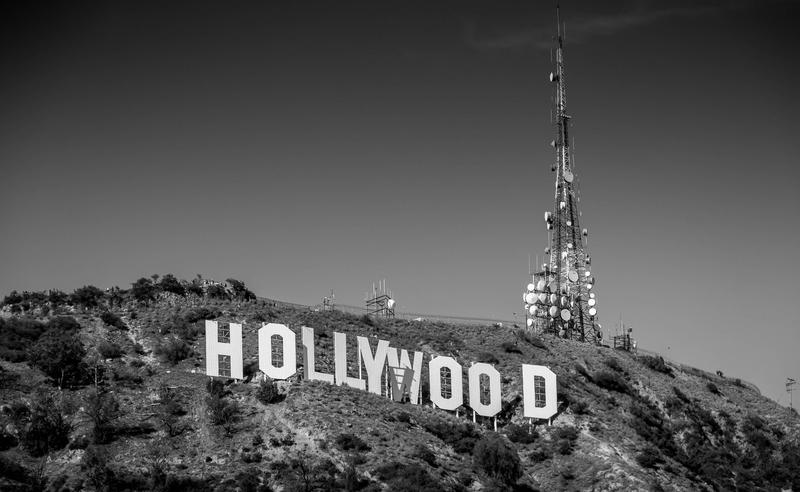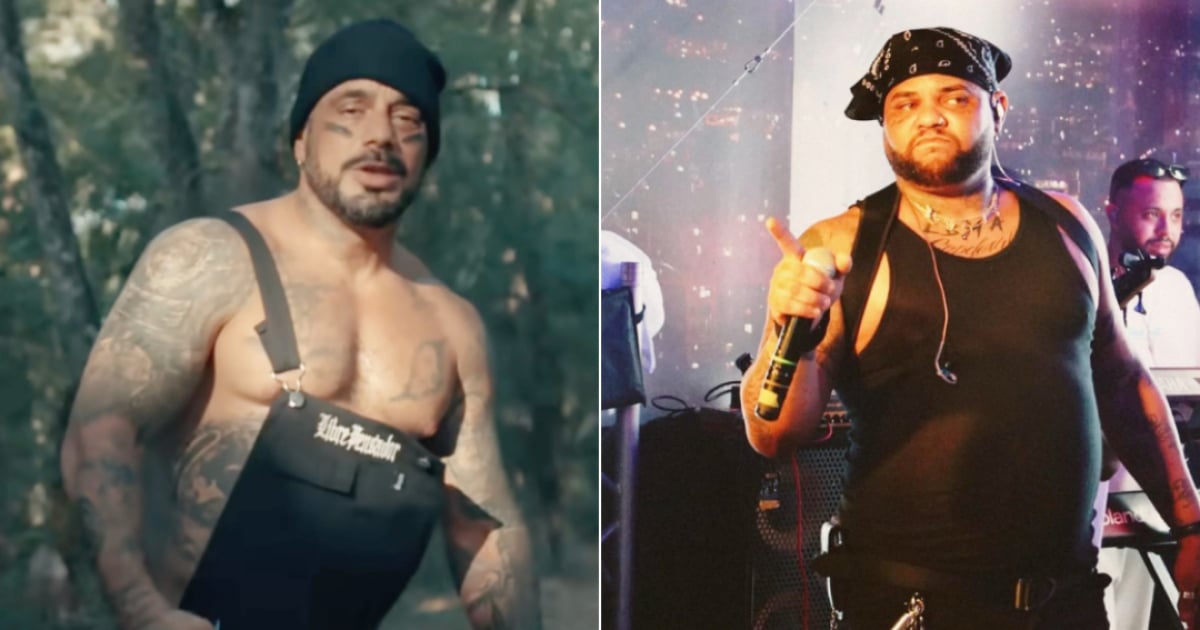Hollywood’s screenwriters union announced Sunday it had reached a preliminary agreement with the major studios that should end one of two strikes that have halted most film and television production and cost California’s economy billions of dollars. according to Reuters and News.ro.
HollywoodPhoto: David George / Alamy / Alamy / Profimedia
The three-year contract still needs to be approved by Writers Guild of America (WGA) management, as well as union members, before it goes into effect.
The WGA, which represents 11,500 film and television writers, described the deal as “exceptional” with “significant gains and protections for screenwriters.”
“This has been possible because of the enduring solidarity of WGA members and the extraordinary support of our union brothers who have joined us on the picket lines for over 146 days,” the bargaining committee said in a statement Sunday. .
Actors union SAG-AFTRA remains on strike
The WGA settlement, while a milestone, won’t put Hollywood back to work. Actors union SAG-AFTRA remains on strike.
The writers walked off the job on May 2 after negotiations reached an impasse over compensation, minimum staffing of writers’ rooms, the use of artificial intelligence and residual rights that reward them for popular streaming series, among other issues .
The Alliance of Motion Picture and Television Producers, the trade group that represents Walt Disney, Netflix, Warner Bros. Discovery and other major studios, did not respond to a request for comment.
The Hollywood strikes halted production of movies and TV series and sent late-night talk shows into reruns. Efforts to reboot scriptless daytime talk shows like “The Drew Barrymore Show” stalled this month in the face of criticism from striking writers and actors.
At times, principals fueled tensions. Disney CEO Bob Iger, who recently won a contract extension that gave him an annual bonus five times his base salary, criticized the striking writers and actors as “simply lacking realism” in terms of their demands.
Later, Iger struck a conciliatory note, stating his “deep respect” for creative professionals.
Echo on all levels
The work stoppages affected camera operators, carpenters, production assistants and other crew members, as well as caterers, florists, costume suppliers and other small businesses that support film and television production.
Economic costs are also expected to rise to at least $5 billion in California and other US manufacturing hubs such as New Mexico, Georgia and New York, according to an estimate by economist Kevin Klowden of the Milken Institute.
Four top industry executives – Iger, Warner Bros Discovery CEO David Zaslav, Netflix co-chief executive Ted Sarandos and NBCUniversal Studio Group president Donna Langley – joined the talks this week, helping to push the exit from the impasse for months.
The 100-day strike in 2007-2008 focused, in part, on extending union protections to “new media,” including downloaded movies and TV shows, as well as content delivered through ad-supported Internet services.
Fear of AI
A central issue this time around is residual payments to streaming services, which the writers have said are a fraction of the compensation they would receive for a broadcast television program.
Also, screenwriters requested limits on the role of AI in the creative process. Some feared that studio executives might hand a screenwriter an AI-generated script to review, and pay him a lower rate to rewrite or tweak it.
Others have expressed concern about the theft of intellectual property if existing scripts are used to train artificial intelligence.
Reuters reported that Disney has created a task force to study artificial intelligence and how it can be applied within the entertainment conglomerate, signaling its importance.
Even as studio executives celebrated the end of the longest screenwriters’ strike since 1988, it’s only half the union battle. Studios still have to find a way to get actors back to work.
SAG-AFTRA, which represents 160,000 film and television actors, stuntmen, voice-over artists and other media professionals, stopped work in July, the first time in 63 years that Hollywood has faced a strike two unions at the same time.
At issue are issues related to minimum wages for artists, protections against the use of artificial intelligence to replace human performance, and compensation that reflects the value actors bring to streaming services.


